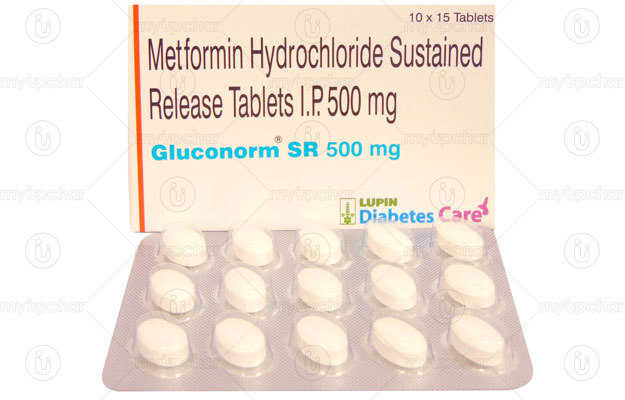Metlong DS Tablet SR is a prescription medicine that is available as a Tablet. It is primarily used for the treatment of Diabetes.
The optimal dosage of Metlong DS Tablet SR is largely dependent on the individual's body weight, medical history, gender and age. Besides the medical condition it is advised for, the route of administration also plays an important role in determining the correct drug dosage. Refer to the dosage section for a detailed discussion.
The side effects typically associated with Metlong DS Tablet SR include Stomach Upset, Difficulty urinating. Apart from the aforementioned side effects, Metlong DS Tablet SR can also lead to other problems, which have been listed below. Normally, these side effects of Metlong DS Tablet SR are not long lasting and go away when the treatment is finished. Please speak with your doctor if these side effects worsen or persist for a longer duration.
In addition, Metlong DS Tablet SR's effect is Mild during pregnancy and Moderate for lactating mothers. Warnings related to Metlong DS Tablet SR's effects on the liver, heart and kidney, if any, have been listed below.
Metlong DS Tablet SR is not recommended if you suffer from certain medical conditions as it can have adverse effects. Congestive Heart Failure (CHF), Anemia, Shock are examples of such conditions. The section on Metlong DS Tablet SR contraindications lists all such conditions.
Besides this, Metlong DS Tablet SR may also have severe interaction with some medicines. A complete list of these interactions is given below.
You should also be aware that Metlong DS Tablet SR is safe while driving, and is addiction.
X



















